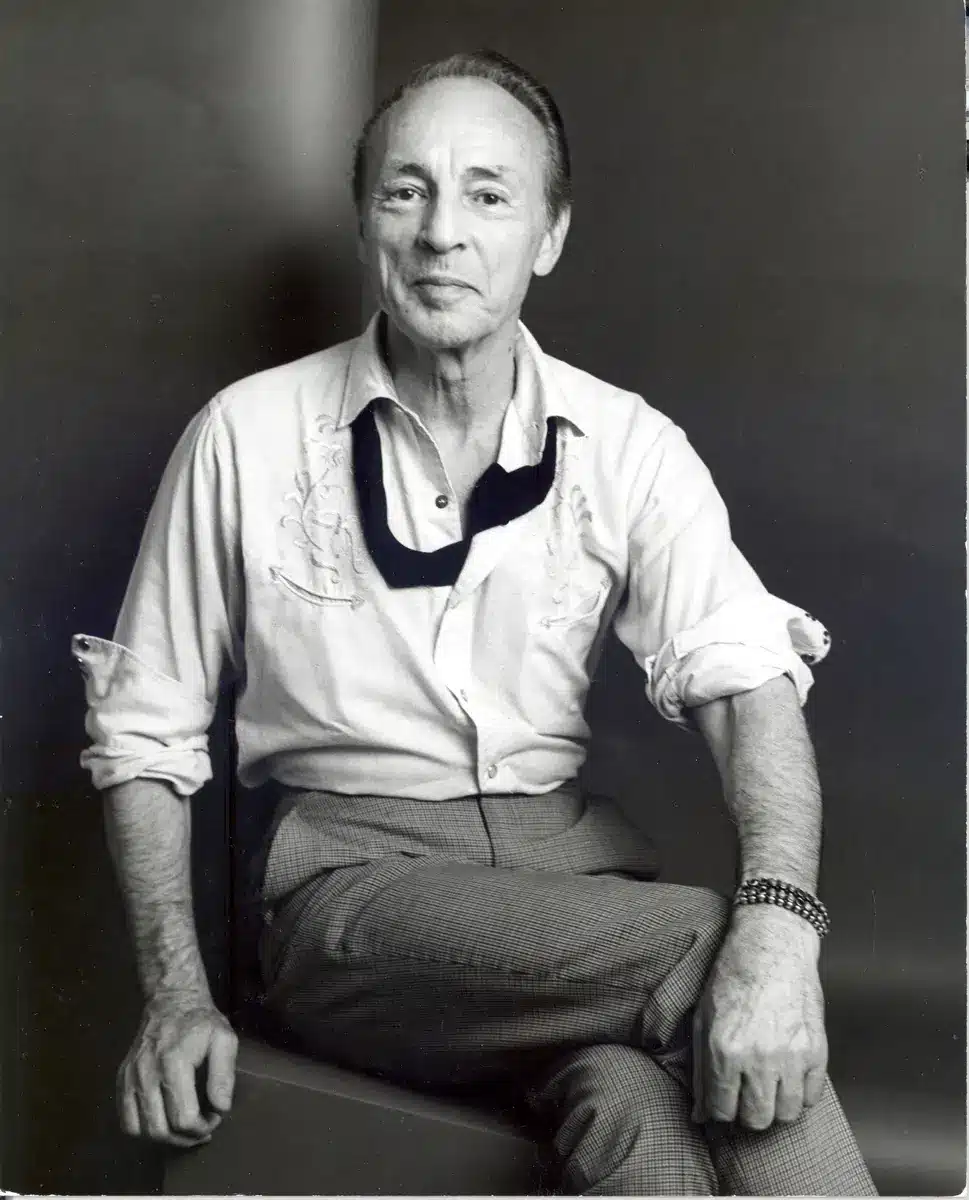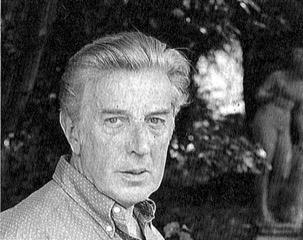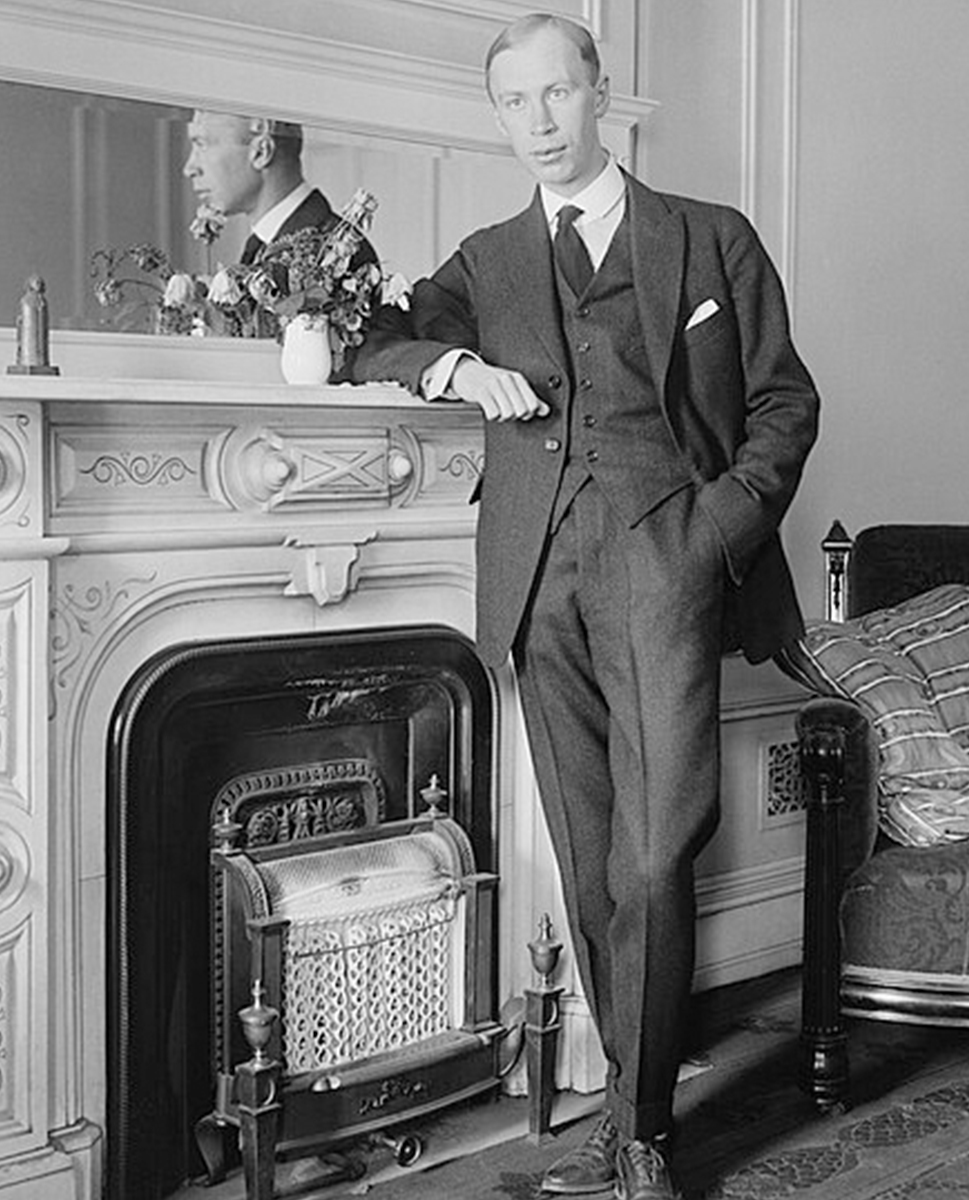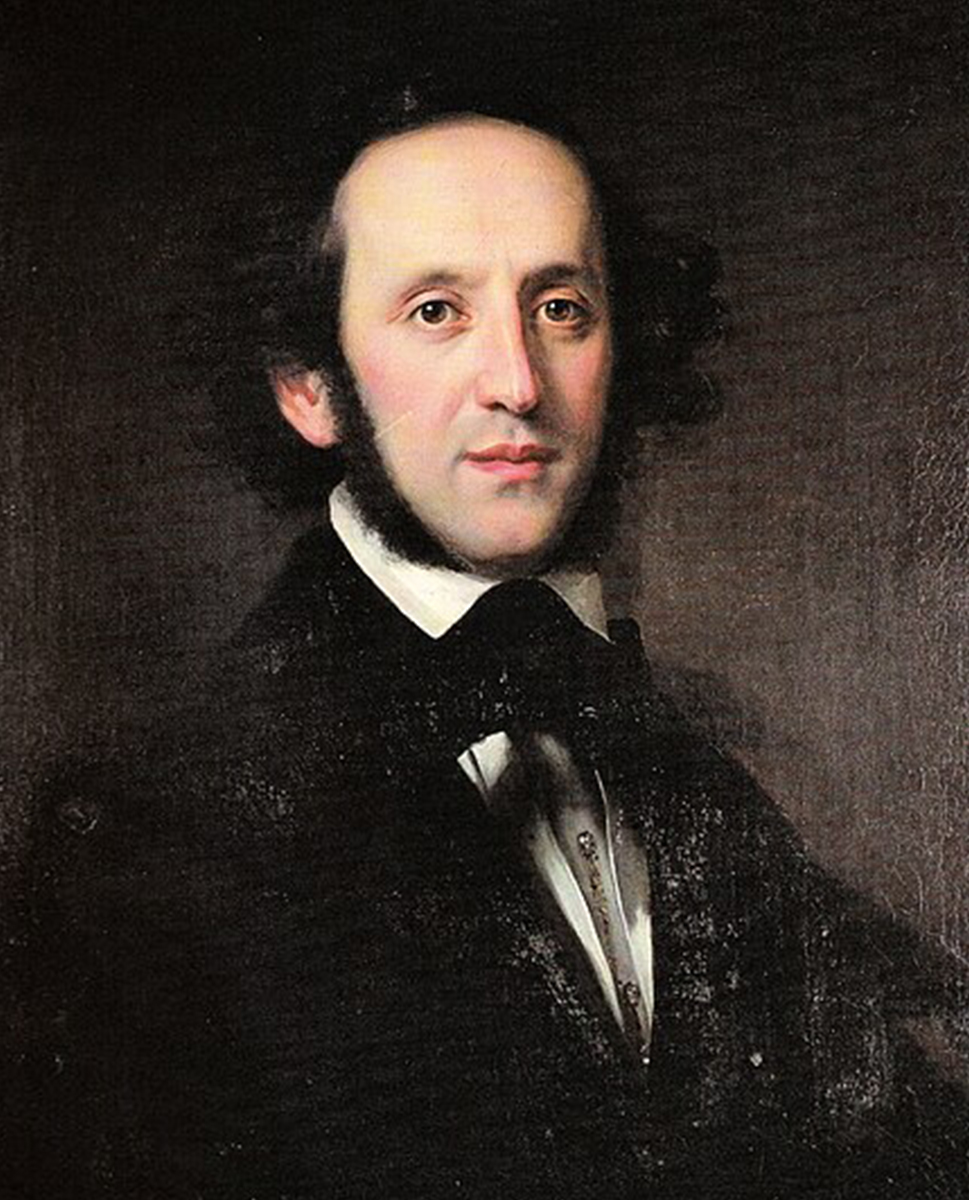The Dream
Frederick Ashton’s glorious take on Shakespeare’s timeless and hilarious comedy will dazzle Philadelphia audiences. The quarrelsome lovers Oberon and Titania, dancing fairies, a braying donkey, and Mendelssohn’s incandescent music make for a magical evening. This dream world is paired with the powerful realism of Balanchine’s Prodigal Son, which showcases some of Balanchine’s most daring choreography, set to equally daring music by Prokofiev and astonishing sets by the great painter, Georges Rouault.
The production of Prodigal Son is intended for mature audiences. Parental discretion is advised.
Approximate Run Times:
Prodigal Son (0:35)
Intermission (0:20)
The Dream (0:52)
Est Running Time (1:47)
Performances By Date
⚫Audio Descriptive Services Available

It is difficult to overstate the depth and breadth of the artistry and influence of choreographer, George Balanchine. Called the ‘Father of American Ballet,’ he combined a reverence for the classical training he received as a boy in St. Petersburg with ferocious originality and commitment to modernism. He and his many brilliant collaborators, including Sergei Diaghilev, Igor Stravinsky, Georges Rouault, and Karinska, among many, many others, transformed ballet into a 20th century artform. Balanchine’s influence as a teacher is every bit as paradigm-changing as the repertoire he created. When our own founder, Barbara Weisberger (herself a protégée of Balanchine) conceived of Philadelphia Ballet, Balanchine insisted, “But first, a school.”

Founding Choreographer of The Royal Ballet, Frederick Ashton (1904-1988) was one of the most influential dance figures of the 20th century. He developed the distinctive ‘English style’ and left a vast corpus of works that are regularly performed by The Royal Ballet and companies around the world, among them La Fille mal gardée, The Dream, Marguerite and Armand, and Symphonic Variations.
He spent his childhood in Lima, Peru where in 1917 he saw the legendary ballerina Anna Pavlova perform and, from that moment on, was determined to dance. Returning to England he was tutored by Leonide Massine, Nicolas Legat, and Ninette de Valois making his choreographic debut for Marie Rambert in 1926. After working with Rambert and Ida Rubinstein he was appointed Resident Choreographer of the Vic-Wells Ballet (later to become The Royal Ballet) by de Valois. Together they determined the course of the Company. In 1963 he succeeded de Valois as Director and in addition to choreographing, he introduced several significant works including Bronislava Nijinska’s Les Biches and Les Noces, George Balanchine’s Serenade, and commissioned Kenneth MacMillan’s Romeo and Juliet.
Ashton continued to choreograph into the late 80’s and died at his country home in Suffolk in 1988.

Sergei Prokofiev was born in Sontsovka, named Krasnoye, in the government of Ekaterinslav in 1891, and died in Moscow in 1953. He was a pupil of Liadov, Rimsky‑Korsakov, and others at the St. Petersburg Conservatory. He became widely known as a brilliant pianist and applied his knowledge of the piano in his compositions, at twenty‑three winning the Rubinstein prize with his First Piano Concerto. His appearances were usually as the interpreter of his own compositions. For some years he lived in exile, travelling on a League of Nations passport. He visited Russia in 1927, 1929, and again in 1932. He finally settled in Moscow with his family in 1934.
His style may be described as the antithesis of that of Scriabin. He aimed at the realization of primitive emotions, and playfulness and satire are also characteristics. His sympathies and taste inclined towards the classical but his manner was independent.
Among his works are the Scythian Suite, for orchestra, the ballets, Chout (or The Buffoon), The Prodigal Son, Romeo and Juliet, and Cinderella, eleven operas, including The Love for Three Oranges (libretto after Gozzi), War and Peace, The Flaming Angel, et al., a fairy tale for children, Peter and the Wolf (a monologue with spoken voice with orchestral accompaniment, 1936), five piano concertos, violin concertos, symphonies, the brief piano pieces Sarcasms, nine piano sonatas, songs, etc.
In 1948 Prokofiev, along with other leading musicians, came under censure by the Soviet authorities for the alleged “formalistic distortions and anti‑democratic tendencies of his music” and he promised to begin “a search for a clearer and more meaningful language.”
He died on the same day as Joseph Stalin, and in 1957 his Seventh Symphony was posthumously awarded a Lenin Prize.

Born in Hamburg, Germany on February 3, 1809, Mendelssohn lived through an era of significant transition for both German society and for Western music. His prodigious musical gifts allowed him to make significant contributions to the development of German musical life in general, most notably through his almost singlehanded revival of the works of Johann Sebastian Bach (1685-1750). Mendelssohn’s efforts proved crucial in reestablishing the older composer at the forefront of Western music, consequently affecting the very concept of art music ever since.
Through incorporating into his own composition’s diverse elements from his musical heritage (i.e., from both Classical and Romantic sources, to which were added influences of composers of the Italian Renaissance as well as of J.S. Bach), combined with his own highly original contributions, Mendelssohn forged a musical language that was distinctly his own. As a result, he became known as the foremost living composer in Germany by the 1830s, a reputation that he enjoyed until his death in 1847.